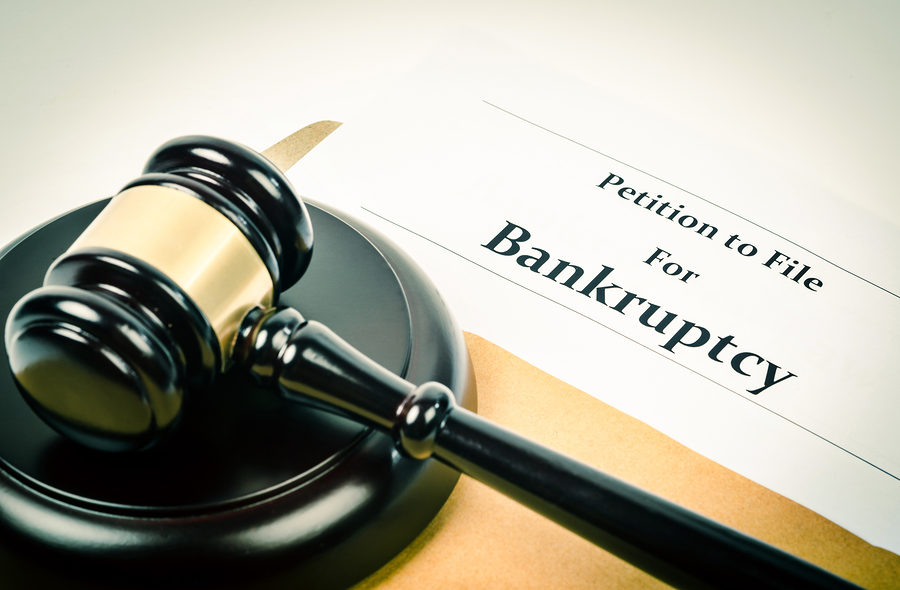Many business owners worry about what will happen to their companies and their business assets when facing bankruptcy or a lawsuit. It is important for any business owner that he or she creates an asset protection plan for these exact types of situations.
The first step is to develop a debt management plan for the business. Having debt is not always a bad thing. The key is to manage the debt in an intelligent manner to stay out of trouble. Business loans will usually involve offering business assets as collateral, which means that if the business owner ends up defaulting on the loan, the lender can seize the collateral to pay the debt. Some lenders will require borrowers to sign a personal guarantee if the collateral is not enough to cover the debt.
A personal guarantee is a legally binding agreement that makes the business owner personally responsible for any debts owed by the business. Many financial obligations, such as a commercial lease, will require some type of personal guarantee. Even if it is not a requirement, a personal guarantee will sometimes get the borrower better loan terms, which is why they can be tempting. Extreme caution should be taken with these.
One major downside to relying on a personal guarantee is the fact that if the borrower defaults on the loan obligation and the collateral is not enough to pay what is owed, the lender can reach the borrower’s personal assets to receive payment on the debt. This reach can involve garnishing the person’s bank account or placing a lien on their house.
It is important that the business owner examine the consequences of taking out a business loan as well as signing any type of personal guarantee on a loan. Certain assets are more at risk than others, including bank accounts, business equipment, business real estate, account receivables, and even the business owner’s personal assets. If the lender is going after the business owner’s personal assets, as well as his or her business assets, bankruptcy can be filed to protect these assets. The automatic stay will keep creditors at bay, and unsecured debts can often be eliminated in bankruptcy.
Bankruptcy exemptions may allow the business owner to protect other assets important to the business. Bankruptcy attorneys will often work with the business owner in a Chapter 7 bankruptcy case to help him or her reorganize the business as well as cut out unneeded costs. Many times, a Chapter 11 bankruptcy case is not needed to protect the business owner. A Chapter 7 bankruptcy is often the best option available to the owner. A bankruptcy attorney can advise the business owner on which option is best for him or her.
Click here to read more.
If you have questions on this topic or are in financial crisis and considering filing for bankruptcy, contact an experienced Miami bankruptcy attorney who can advise you of all of your options. As an experienced CPA as well as a proven bankruptcy lawyer, Timothy Kingcade knows how to help clients take full advantage of the bankruptcy laws to protect their assets and get successful results. Since 1996 Kingcade Garcia McMaken has been helping people from all walks of life build a better tomorrow. Our attorneys’ help thousands of people every year take advantage of their rights under bankruptcy protection to restart, rebuild and recover. The day you hire our firm, we will contact your creditors to stop the harassment. You can also find useful consumer information on the Kingcade Garcia McMaken website at www.miamibankruptcy.com.

